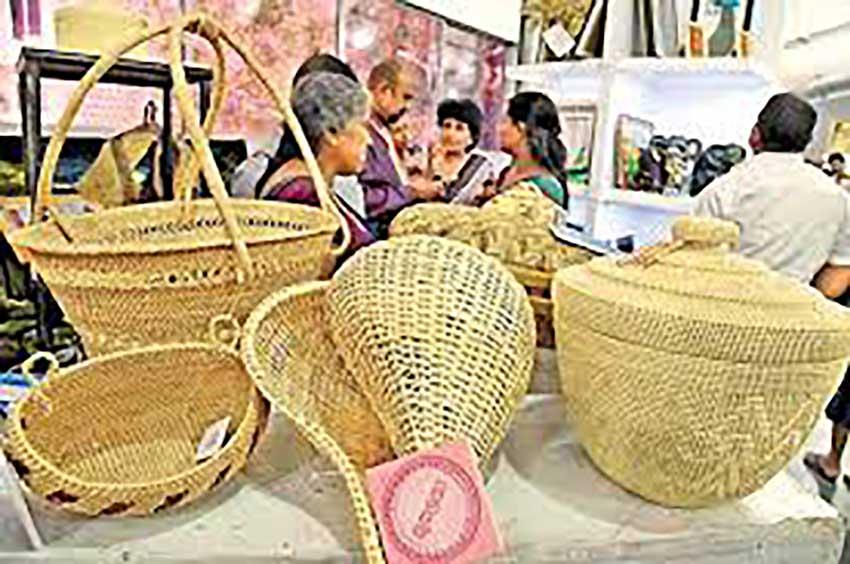22 Oct 2020 - {{hitsCtrl.values.hits}}

By Shabiya Ali Ahlam
The ongoing global health crisis continues to present fresh challenges to businesses, particularly the small and medium-sized enterprise (SME) sector, with eight out of 10 such enterprises struggling to stay afloat, a recent survey carried out by the International Finance Corporation (IFC), the private sector arm of the
World Bank, revealed.
An assessment of the impacts of COVID-19 on SMEs across the country revealed that eight out of 10 of such businesses experienced difficulties in meeting operating expenses and had some shortfall in debt repayment or ability to meet the financial obligations, due to the pandemic.
The findings highlighted that two-thirds of SMEs reported a decrease in demand for their products or services since COVID-19 and almost three-quarters reported decreased sales. Companies in the agriculture, manufacturing and construction sectors hit the hardest, followed by the services sector.
“Almost two-thirds of those that experienced decreased sales saw a drop of more than 25 percent on their pre-COVID monthly average,” the report stated.
With eight out of 10 of SMEs expressing challenges in meeting the operating expenses during COVID-19, the need to increase access to working capital and other loans for this segment was identified.
Meanwhile, the women-owned small and medium enterprises (WSME) segment surveyed shared they had to make up some shortfall in debt repayment or other financial obligations and over one-third of WSMEs said a working capital loan and/or some other type of loan would be most helpful to support their business going forward.
In an effort to help the impact business iron out issues, the IFC stressed the need to increase access to capacity building and other business services, since a significant portion of all SMEs surveyed indicated they would benefit from business restructuring advice or advice on how to adjust their business plan in response to COVID-19.
“By providing the SMEs with access to business-related training and support, the financial services sector can help ensure their SME customers and the SME sector more broadly, are more resilient and better equipped to manage business uncertainty,” the IFC said. Furthermore, the international agency pointed out that required also is the need to support transition to digital business channels, especially for sales and payments.
“There is a clear need for greater support to encourage more SMEs to take up digital business channels and to transition to digital payment methods.
“This is particularly true of WSMEs, who were much less likely to utilise digital channels but were much more likely to see increased sales when doing so,” the IFC said.
The report titled ‘Gendered Impacts of COVID-19 on Small and Medium-Sized Enterprises in Sri Lanka’ presented a snapshot of the impacts of the COVID-19 pandemic on SMEs across the island.
The survey focused on the different impacts experienced by women-owned and managed businesses. SMEs are experiencing widespread business impacts due to COVID-19, often with limited differences among male-owned, female-owned or jointly-owned companies.
19 Nov 2024 30 minute ago
18 Nov 2024 8 hours ago
18 Nov 2024 9 hours ago
18 Nov 2024 9 hours ago
18 Nov 2024 18 Nov 2024